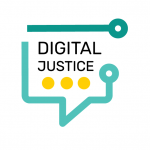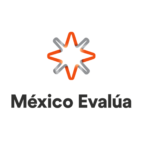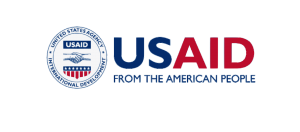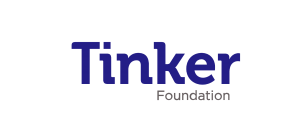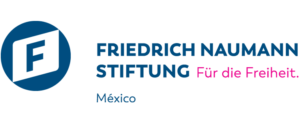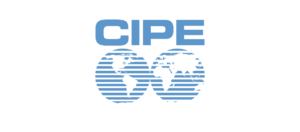Tools for the digital processing of conflicts
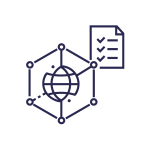
Conflict processing includes those strategies to organize and make the justice system more efficient through technological tools. This section is subdivided into three sections:
a) Tools to guarantee communication between the parties
b) Tools to guarantee remote interaction with the parties
c) Tools to make work management more efficient and guarantee that it can be done
a) Tools to ensure communication between the parties
Electronic file

This tool allows jurisdictional officials to have digital access to all the information about a process and allows them to work remotely. In addition, it allows the parties to consult all the legal documents related to their case remotely. If developed with the appropriate security locks, the electronic file provides greater certainty to users since it cannot be altered.
Good Practices:
Platforms for consulting the status of legal cases
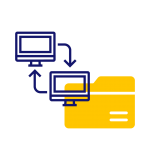
These tools allow the parties and the lawyers to consult the status and degree of progress of their matter.
Good Practices:
b) Tools to guarantee remote interaction with the parties
Feasibility Hearing

During this hearing, which is not provided for by law, the actors involved in a trial assess whether the hearing can be held without endangering the rights of the parties (taking into account the number and nature of the witnesses, as well as the physical evidence to be presented at trial) and agree on how it will be done.
Good Practices:
Protocols for conducting oral hearings by technological means

These protocols establish the requirements and steps for different types of hearings to be held, and the guidelines to regulate the participation of the participants in the trial, show contradiction or incorporate evidence, among other things. Sometimes they leave open the possibility that the parties oppose the development of the trial online and request a face-to-face trial.
Good Practices:
Remote Hearings Publicity
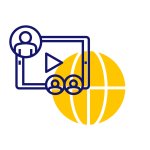
These strategies have been implemented to allow interested persons to attend hearings that are held remotely. To this end, protocols have been set up to regulate access through privacy notices and provide for the use of YouTube links or mirror rooms of the virtual audience to prevent attendees from interfering with their development.
Good Practices:
Training for internal and external actors who participate in lawsuits on platforms and guidelines.
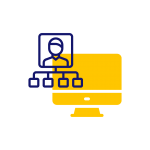
Information and training sessions have been held for judicial officials and external actors such as prosecutors, defenders and litigants to make them aware of the platforms and protocols or guidelines for the use of technological tools. These trainings make manuals and rules of conduct available to users, as well as the necessary technological requirements and dress and language codes, among others.
Good Practices:
c) Tools to make work management more efficient and ensure it can be done.
Automated management systems
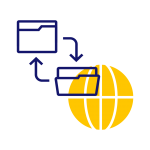
Automated management systems make it possible to systematize and analyze information related to cases. These systems facilitate the flow of files between the different actors involved in their resolution, issue alerts on the expiration of the deadlines to deal with them and allow the scheduling of the hearings that are necessary. They also facilitate the establishment of goals and the monitoring of quantifiable indicators that facilitate the verification of the degree of progress that the processes have.
Good Practices:
Geo-referencing systems for clerk’s activities
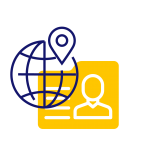
These systems are intended to make clerks’ activities more efficient and allow jurisdictional personnel to carry out acts remotely and automatically. Through devices connected to the Internet and linked to the system, the clerks can take geo-referenced evidence that they were in the right place and that they carried out or tried to carry out their diligence.
Good Practices:
This website has been created with the support of Tinker Foundation, United States Agency for International Development, Center for International Private Enterprise, and Friedrich Naumann Foundation for Freedom. The information presented on this page is not official information from the United States Government, and does not necessarily reflect the views or position of the aforementioned organizations. Its content is the exclusive responsibility of México Evalúa, Center for Public Policy Analysis.


